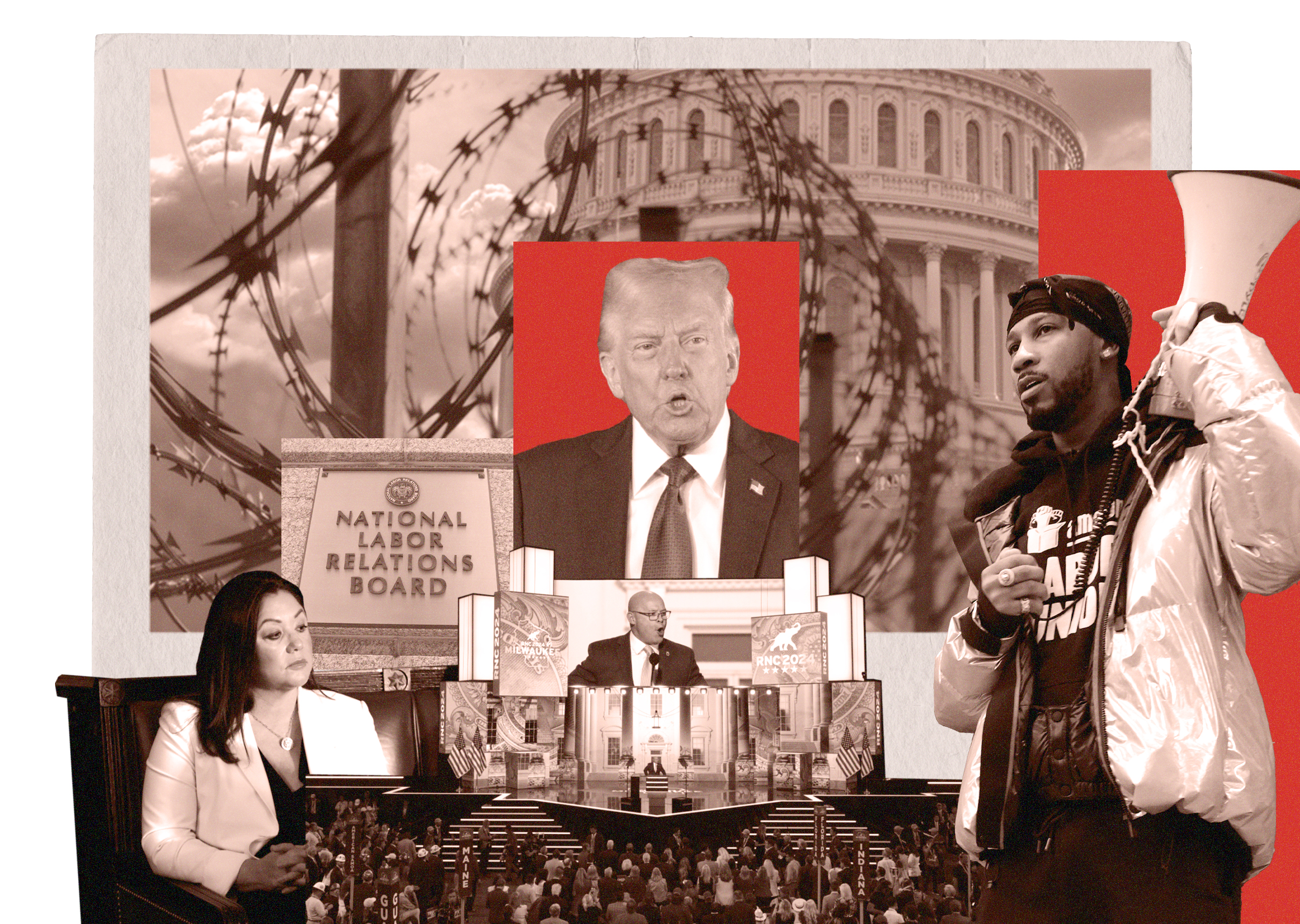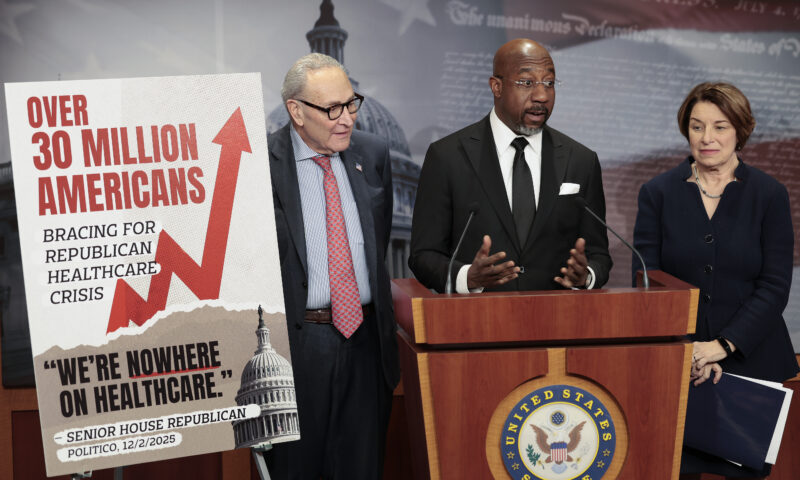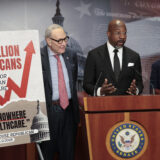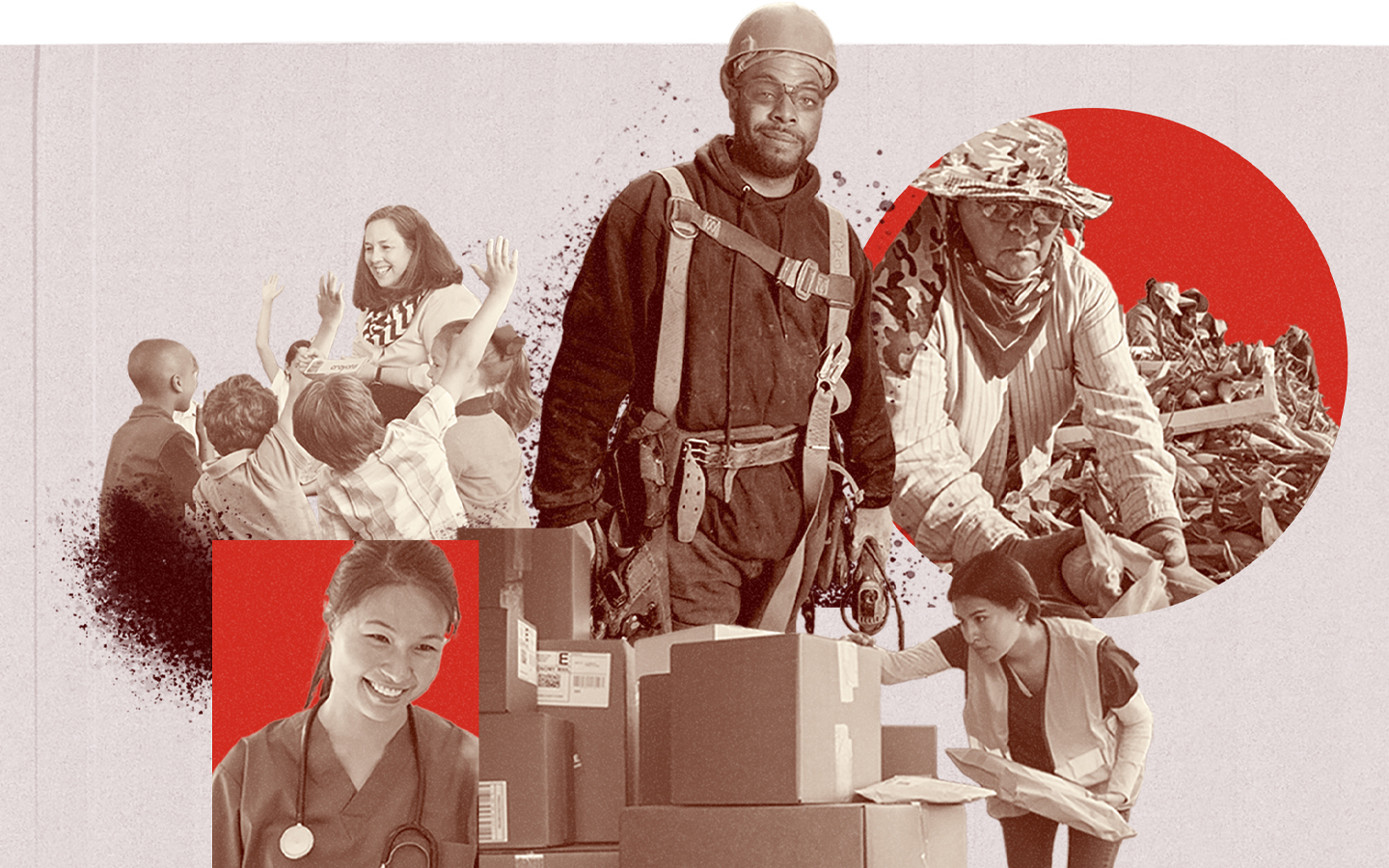Striking Back
Will Trump’s Return Be a Devil’s Bargain for Workers Seeking to Organize?
From Uber and Lyft drivers to home care workers, the fate of far-reaching labor organizing efforts hangs in the balance.

Continue Reading
-

 Latest NewsDecember 10, 2025
Latest NewsDecember 10, 2025Capital & Main, L.A. Times Win Sidney Award for Reporting on Child Farmworkers
-

 Locked OutDecember 16, 2025
Locked OutDecember 16, 2025This Big L.A. Landlord Turned Away People Seeking Section 8 Housing
-

 Column - California UncoveredDecember 12, 2025
Column - California UncoveredDecember 12, 2025They Power the U.S. Economy, But Will Struggle to Afford Health Care
-

 The SlickDecember 19, 2025
The SlickDecember 19, 2025‘The Poor Are in a Very Bad State’: Climate Change Accelerates California’s Cost-of-Living Crisis
-

 Locked OutDecember 23, 2025
Locked OutDecember 23, 2025Section 8 Housing Assistance in Jeopardy From Proposed Cuts and Restrictions
-

 Column - State of InequalityDecember 11, 2025
Column - State of InequalityDecember 11, 2025A Little Place Called Home?
-

 Locked OutDecember 17, 2025
Locked OutDecember 17, 2025Credit History Remains an Obstacle for Section 8 Tenants, Despite Anti-Discrimination Law
-

 Latest NewsDecember 22, 2025
Latest NewsDecember 22, 2025Trump’s War on ICE-Fearing Catholics


